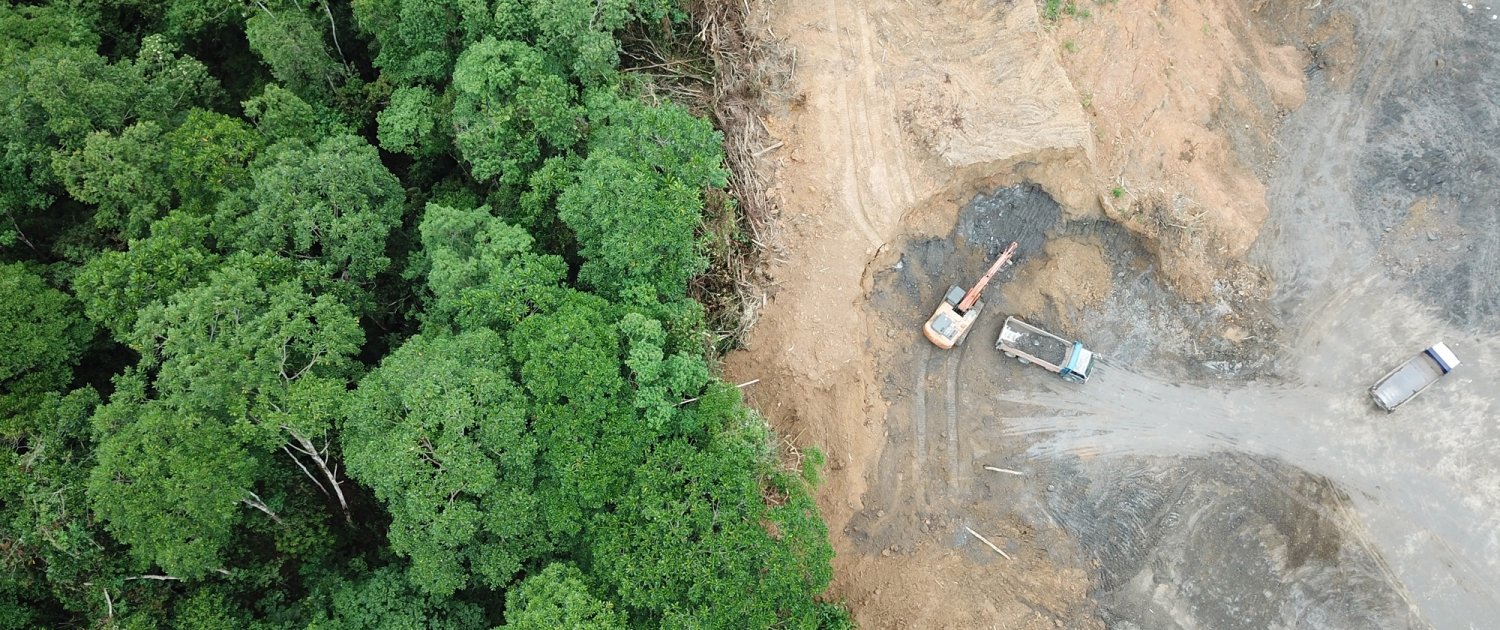
Our Mission
Salva la Selva
“Food choices shape nature.” Roughly 30% of global greenhouse emissions and up to 80% of biodiversity loss are linked to how we grow and consume food (FAO, 2023).
Sabor Selva’s mission is to prove that taste and preservation can coexist — to build supply chains that work with nature, not against it.
Inspired by our Bolivian partners and organizations like Food by Nature, we stand for a future where production restores ecosystems instead of erasing them.
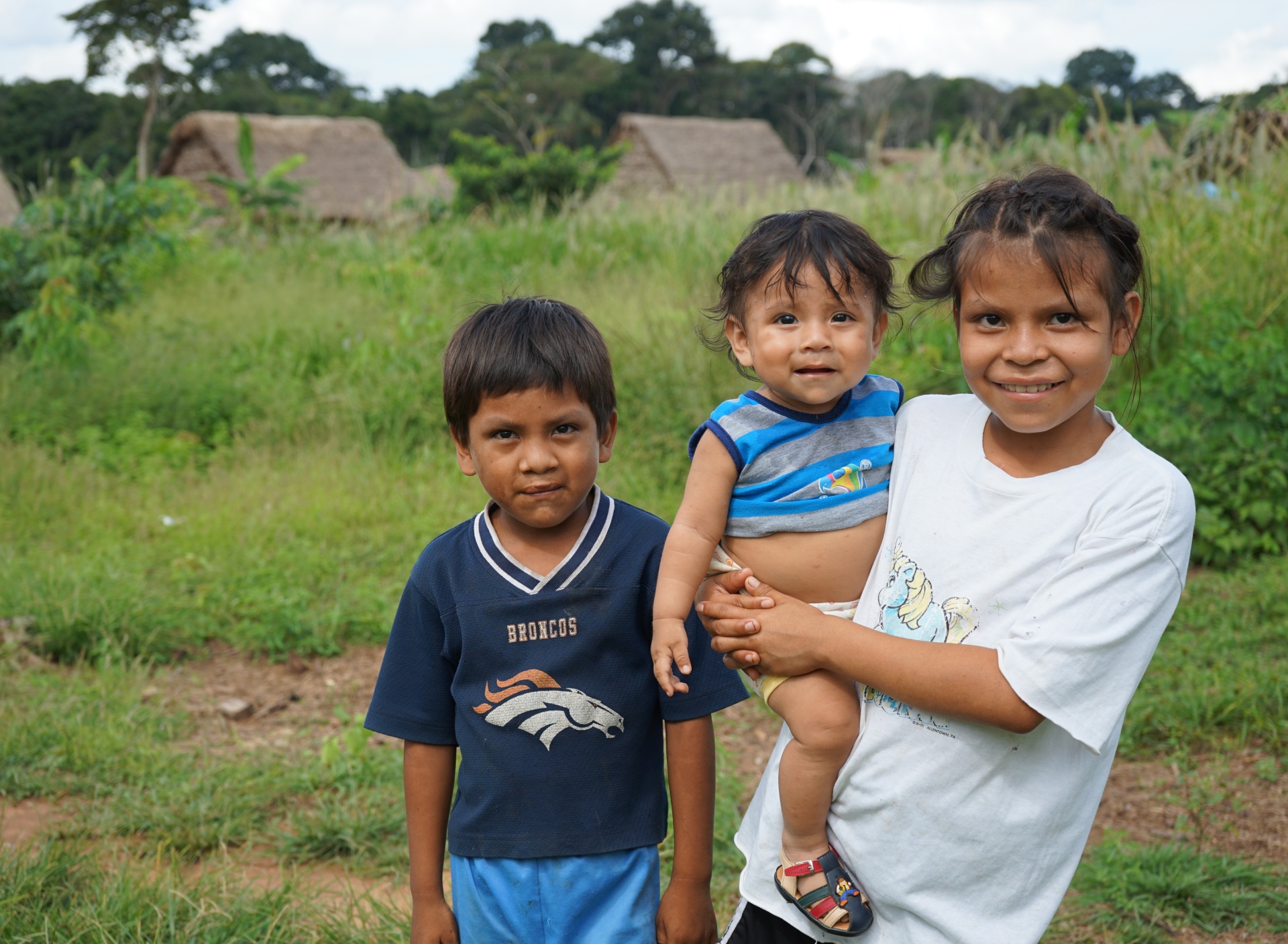
People
Dignity first. Wild harvests create steady income that allows families to remain in the forest rather than migrate to cities. Each cacao or coffee harvest directly supports education, solar power, and clean-water projects in Amazonian communities. We align with ILO fair-labor principles and zero child-labor policy, working through Saltus’ transparent producer programs.
“A living forest means a living wage.”
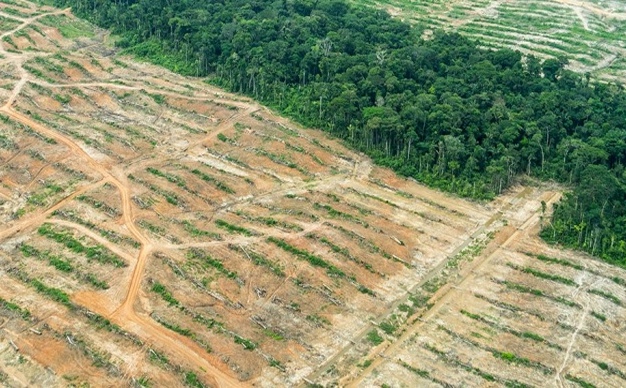
Forest
Keep the forest standing. Every bar and bag begins inside existing rainforest ecosystems — where wild cacao grows naturally under tall canopy trees. By purchasing wild-grown cacao, we reduce deforestation pressure by up to 90% compared to plantation expansion (Food by Nature data). Each kilogram of wild chocolate emits about 1.2 kg CO₂, nearly 50–75% less than conventional dark chocolate.
“Protecting biodiversity is not a side effect — it’s the recipe.”
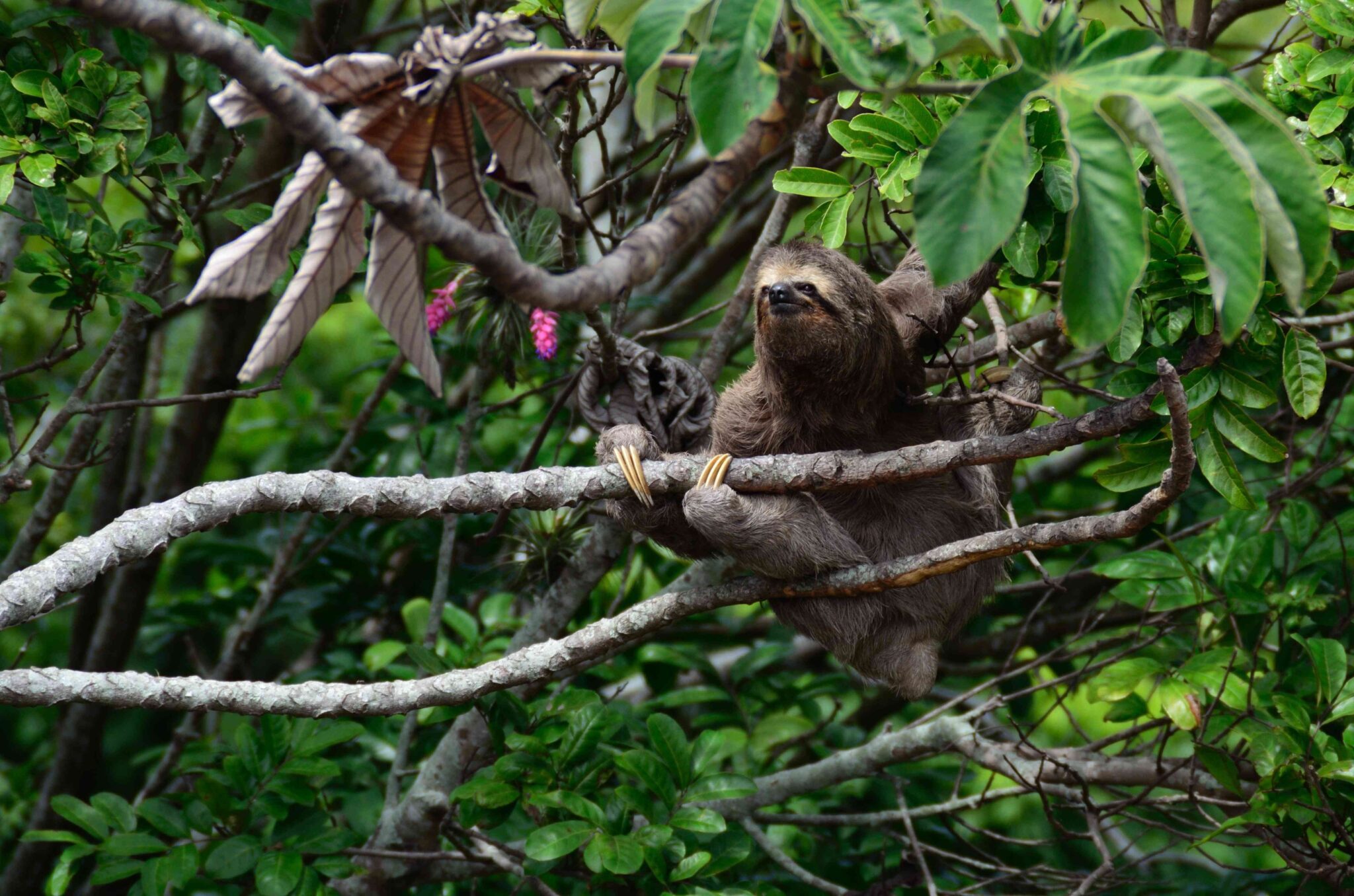
Fair Value
Quality deserves recognition. Our Bolivian partner operates on a farm-gate plus quality-premium system, ensuring producers are paid above local market averages. Transparency means we know every lot, every fermentation batch, and every partner family involved. This clarity lets us reward skill over volume — redefining luxury as measured respect for both maker and land.
“Luxury is not excess; it’s fairness done beautifully.”
Why Wild Chocolate
Forest intact: Cacao is gathered from original wild trees across the Bolivian Amazon — zero deforestation, zero irrigation.
Lower impact: Avoids slash-and-burn agriculture and supports biodiversity by giving value to the living forest.
Reduced footprint: Wild dark chocolate averages 1.2 kg CO₂ per kg, around 50–75% less than conventional plantation dark chocolate (partner estimates).
Chemical-free: Naturally pesticide-free, grown without fertilizers or microplastics.
Community-led: Collected by indigenous families under Bolivia’s strong child-labor and environmental legislation.
“Wild chocolate is proof that flavor and forest can share the same root.”
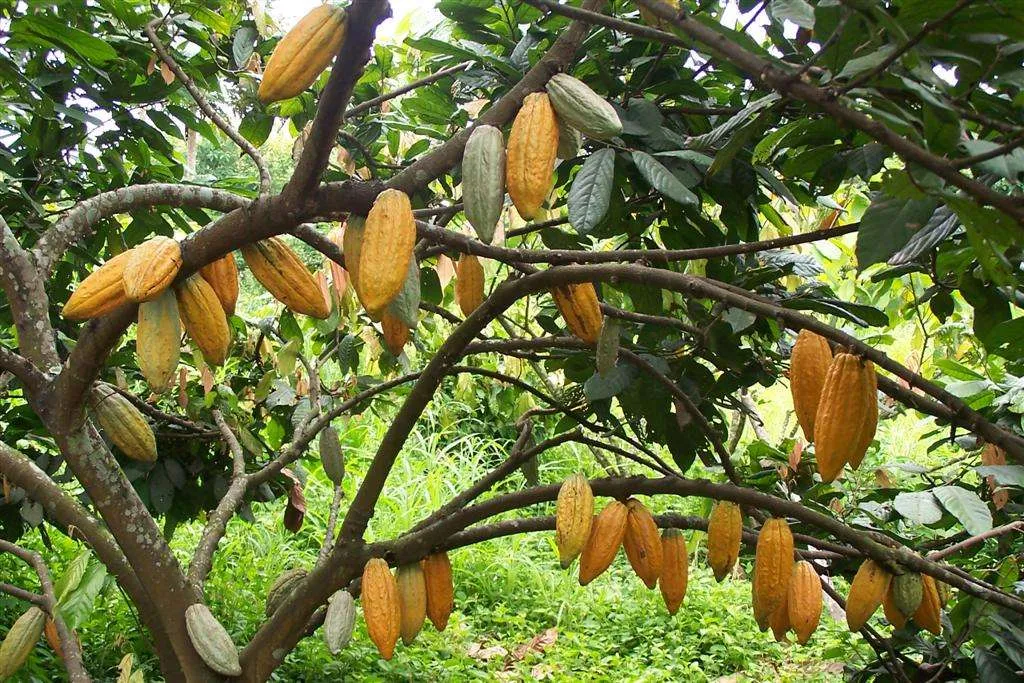
Our Partner in Bolivia
We work with Saltus, a Bolivian maker renowned for precision fermentation and forest-friendly production. Their facility:
- Treats and reuses 100% of process water.
- Incorporates solar energy with recycled glass-bottle heat storage.
- Uses LED lighting and recycled building materials to minimize waste.
Saltus’ programs combine traceability, fair premiums, and technical training to reward quality and protect the rainforest.
“Transparency and stewardship—two sides of the same bean.”
Program Highlights
- Quality-based premiums paid to producers
- Farm-gate transparency and clear documentation
- Long-term contracts and relationship building
- Local processing that supports jobs